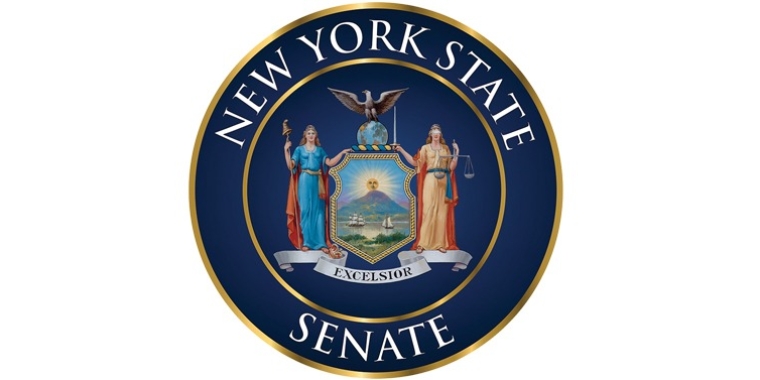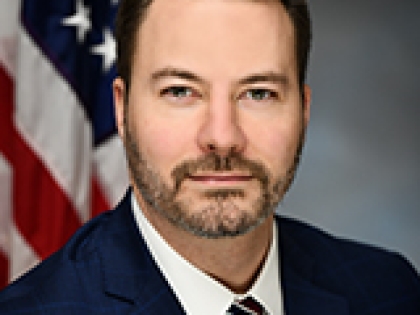
Ortt: Broadband Office Moving Goalposts
Robert G. Ortt
May 23, 2018
It’s 2018, and New Yorkers are still having to drive to their nearest fast food restaurant in order to use the establishment’s WiFi. So while the Governor’s office continues to boast about the universal success in delivering broadband statewide, I’ll continue to be critical of these premature pats on the back among unaccountable bureaucrats and politicians.
I take no issue with Empire State Development’s (ESD) Broadband Program Office (BPO) responding to my criticism. In fact, I’m happy that they’re finally responding to someone – anyone – about taxpayers’ $670 million outlay for broadband. I do take objection to ESD’s claim that this is political grandstanding. Quite simply, this is an issue that has been raised time and time again by my constituents and local government officials and it’s my duty to act as their voice. That’s why I’m working to find answers as to why families in Orleans and Niagara counties don’t have reliable internet, why children living in the year 2018 can’t use the internet to do schoolwork, and why small businesses can’t conduct office operations. If trying to provide some sort of answer to my constituents in the rural areas of my district is “grandstanding,” then I’m happy to grandstand until they get the answers they deserve.
When pressed, ESD resorts to the same deflections and talking points – unfortunately, this is a trend we’ve seen whenever legitimate questions arise (from residents, legislators or the media) regarding the state’s economic development shortcomings. Repeating over and over that it’s mission accomplished does not do justice to reality or concerns on the ground. When BPO claims that Charter-Spectrum isn’t fulfilling its end of the proposed build-out plan, they ignore the fact that the state used Charter’s acquisition of Time Warner Cable as leverage and outsourced a significant portion of the state’s broadband mission.
I believe that before launching massive programs and initiatives, it’s important to make sure such ventures can actually be accomplished. But once benchmarks aren’t being met, it’s critically important to establish accountability. Whether it’s passing the buck to the state’s Public Service Commission, blaming private companies, or invoking a “trade secrets” defense, New Yorkers aren’t getting the answers they deserve. That’s why I recently introduced legislation requiring yearly financial reports from the New York State Broadband Program Office and called for the Senate Committee on Investigations to look into this program.
When this program kicked off, the goal was to deliver high-speed internet to all New Yorker’s – a noble mission. Many urban and heavily-populated areas – such as the Albany and New York City offices where state broadband officials operate – were already receiving high-quality service or would soon be receiving it. There was – and is – a heavy economic incentive for private companies providing services to these areas. The regions that this program truly needed to serve were our rural communities where a public-private partnership made sense. The rollout to these communities has been maddeningly slow, full of confusion, and unresponsive to individual needs. And ESD recently declared success when they announced that these areas will receive dish/satellite coverage. Frankly, I do not consider this a success. These rural areas, defined as “unserved,” have lower minimum requirements (25 Mbp) for broadband than the rest of the state (100 Mbp). Satellite services are notoriously slow and with data caps, households quickly reach data limits even with basic internet activity. Some of the companies providing these services have horrific reputations among customers. Ultimately, while taxpayers doled out $670 million for high-speed broadband, according to the NYS Broadband Program’s website, Niagara and Orleans Counties will receive a mere $387 thousand combined – peanuts.
Until we truly achieve “broadband and high-speed internet for all,” as the Governor promised, I would encourage state officials like Mr. Nordhaus to be less boastful and more transparent. And once again, I’d encourage state broadband officials to come meet with my constituents who lack broadband…although we may have to meet at Tim Horton’s if the meeting requires internet access.
###
related legislation
Share this Article or Press Release
Newsroom
Go to Newsroom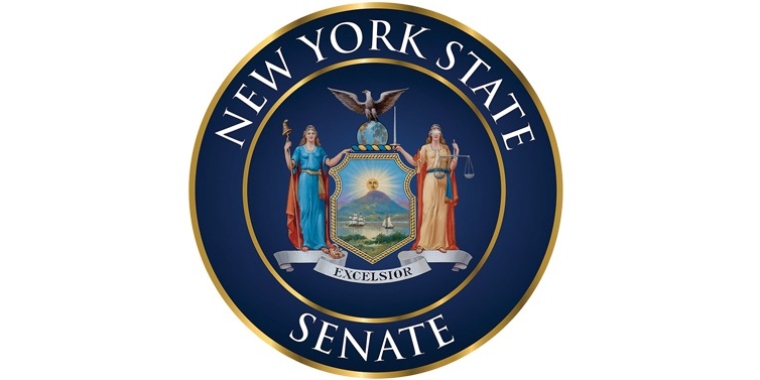
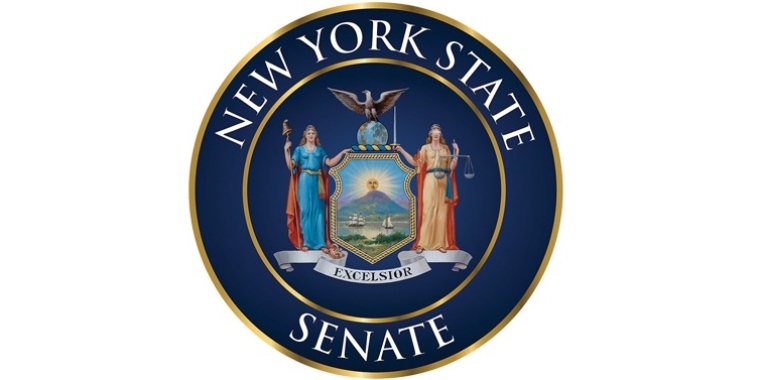
Republican Leaders: NO MORE VICTIMS
January 27, 2022
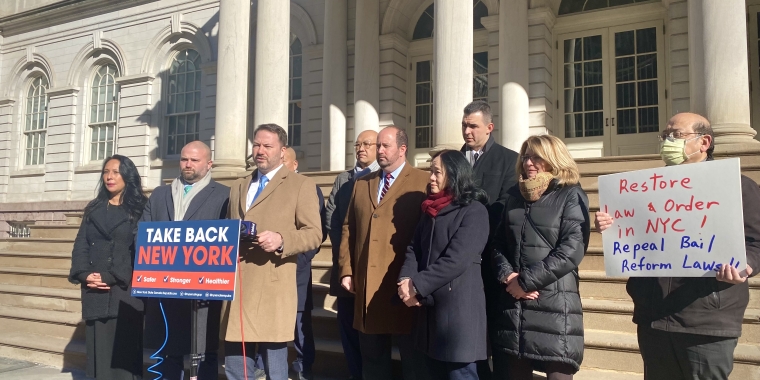
Statement from Republican Leader Rob Ortt
January 26, 2022
